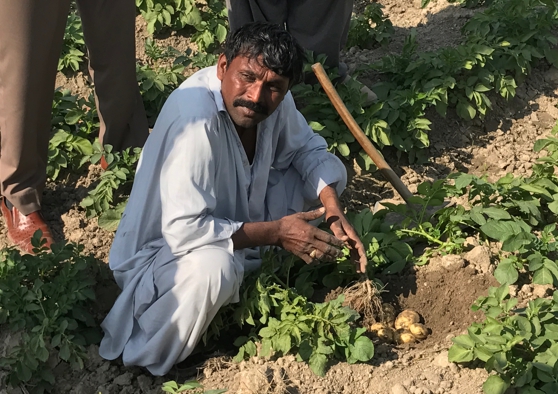Water Management
Good water management is one of the main challenges of these times and a prime theme within MetaMeta. The stakes are very high, but fortunately there are many feasible solutions too. It is our mission to significantly contribute to a more water safe future and combine big data analysis, stakeholder engagement with the introduction of on the ground solutions.
Better water management especially in agriculture will free up water for other uses to support growing and increasingly diverse economies. It will reduce negative pressure on the environment – prevent water logging and the disruption of natural processes.
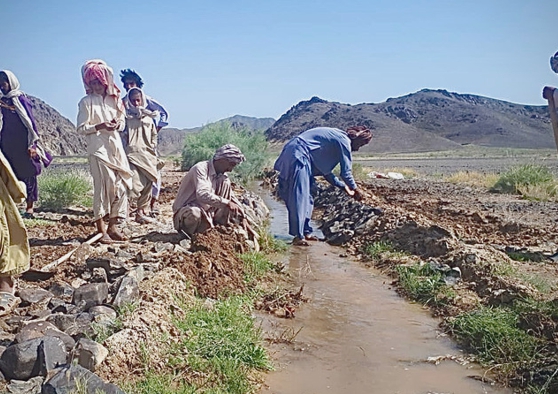
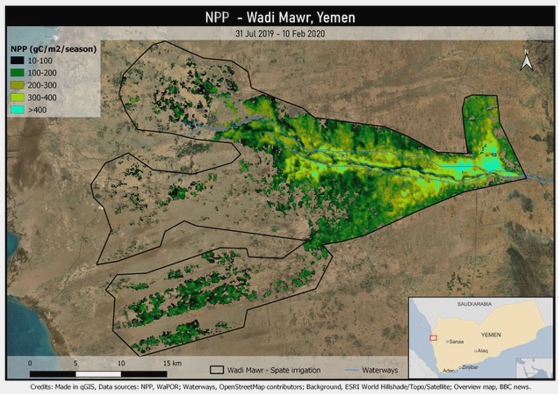
To improve water management, we strive for the following:
- Continuous stakeholder engagement and co-design: Our approach includes (1) scan, (2) diagnose, (3) find solutions. In this approach continuous stakeholder engagement and co-design is essential for the success of water management improvement interventions.
- Integration of local knowledge, global best practice and big data: Open access remote sensing data (such as WaPOR) provides unique including insights in remote, marginalized, or data scarce areas. These insights contribute and enrich local knowledge and understanding. We integrate first-hand local knowledge, understanding of what works globally and the use of large data sets to jointly find effective, suitable and sustainable solutions within the field of water management.
- Institutional change, capacity building and policy development: To make improvements work better capacity and institutional strengthening is part of the answer. In MetaMeta we work on capacitating and training of both user organizations and institutions in water management as well as supporting the development of the right enabling policies.
Improving agricultural water productivity
Agriculture globally is the largest water user, responsible for upward of 70% of all water consumption. To improve water management is often to improve agricultural water use.. Yet in many cases there is in fact very little actual water management. Enormous gains can be made: often there is scope to improve water productivity (crop per drop) with 25% or more by better field preparation. There is a range of smart water solutions that by being precise increase production and conserve water, while also increasing user convenience. We work on promoting these through local private sector and farmer networks.
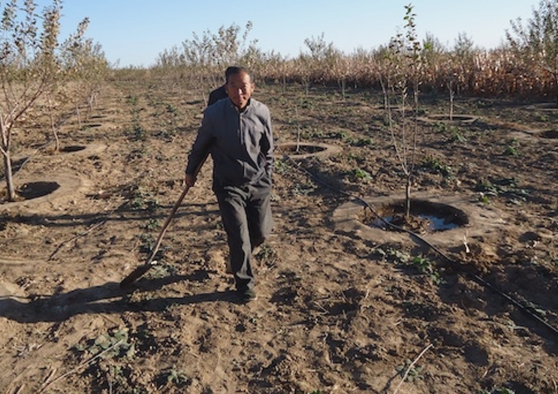
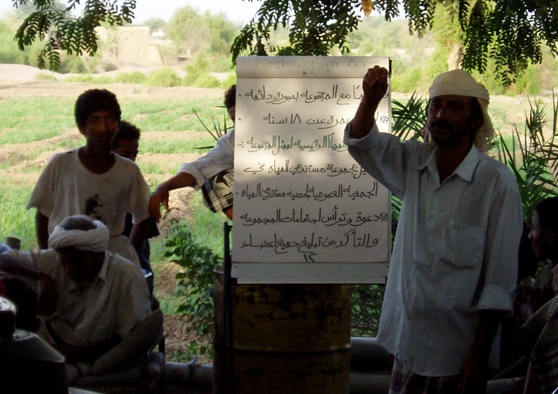
Effective institutions, better water distribution
In MetaMeta we also work on improving water management ‘from the top’: effective institutions, strong user organizations, better irrigation scheduling, appropriate water allocations. We work with the water managers on the ground, jointly analyzing the evidence, from remote sensing and local experience, and identifying better operational practice and the need for system change. Moreover, water systems serve multiple functions. The institutions responsible need to reflect this, in water management practice, in water distribution, cost charging and in overall governance.
Dealing with salinity
A special concern within MetaMeta is dealing with salinity. , Worldwide over 1 billion hectares of land is salt affected. Each year soil salinization takes up to 1.5 million ha of farmland out of production, whereas in another 46 million hectares production is decreased. There are many answers to the ‘salt challenge’: better water management at system level, clever drainage, better field water management practice, or aquaculture. Very promising the cultivation of salt tolerant crops. Many varieties of common crops can have surprisingly high salt tolerance, especially if combined with good agronomic practice and soil selection. With Salt Farm Texel we worked on the testing and private sector introduction of salt tolerant potato varieties in Pakistan with amazing results: yields at par and even higher than those on ‘normal’ lands and new value chains developing.
